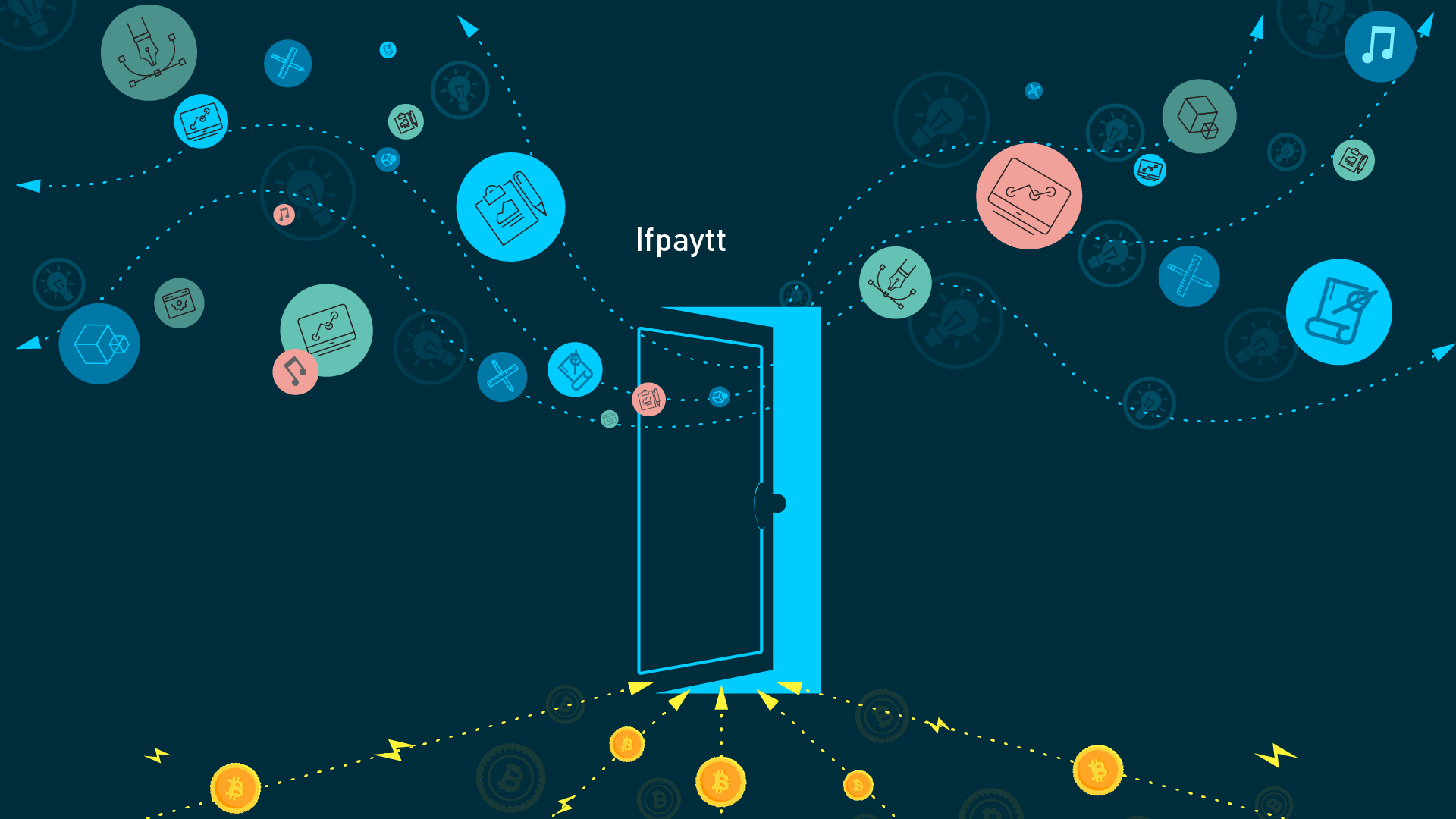
Two days ago, we released Blockstream’s paypercall LApp, the most versatile and flexible of the Lightning Apps that we’ve added to the Elements Project to date. It allows developers to request micropayments for programmatic API actions, fulfilling the promise of a next-generation web of micropayments. The paypercall LApp is a perfect fit for experienced developers programming in node.js or writing a reverse proxy. However, users without programming experience may also want to access the power of dynamically programmable micropayments, and that’s where ifpaytt comes in.
Ifpaytt (If Pay Then That) is powered by Lightning Charge and paypercall. It uses the IFTTT (If This Then That) infrastructure, which allows users to create applets by combining triggers and actions. The payment of a Lightning Network invoice becomes a trigger and when it’s completed, the programmatic action occurs; a user simply has to create an IFTTT applet linking them together. (The precise instructions for doing so are available in the ifpaytt repository.) Users of the applet have the exact same experience as they would with paypercall: they access the URL to request a Lightning invoice, pay it, then make usage of the service.
Paypercall unleashed the full power of Lightning Charge, but ifpaytt makes it available to any user through the simple and elegant IFTTT methodology. Now anyone can charge a micropayment for any action on any web page.
We invite you to give ifpaytt a try. Use it to experiment with combining c-lightning and Lightning Charge on testnet to collect micropayments for content or services, in preparation for the c-lightning beta release; or test drive it to get a feel for how to use Lightning Charge. All that you need to get started is a testnet node, a Lightning Charge server, and the ifpaytt LApp.